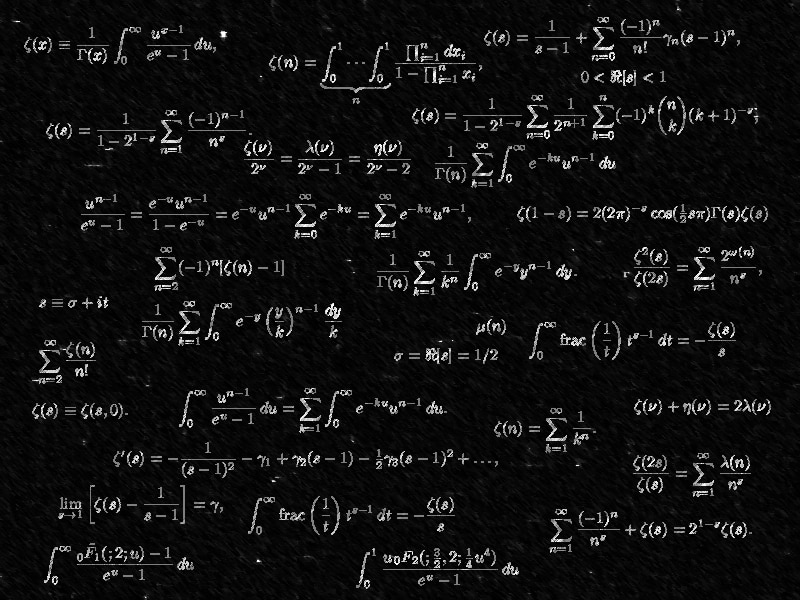
Hypothesis. It’s a very serious-sounding, science-y word. It evokes images of white coats, beakers, and lab mice.
But it’s a powerful word, too. Science students get what it means. They know that a hypothesis is a huge step in the scientific method–the point in any scientific inquiry where you make your “educated guess” at why things are as they are or do what they do.
In some ways, the hypothesis is the most imaginative, creative part of the scientific process. It’s the place where you take your initial observations and develop a theory for how things work–a theory that is then carefully tested before it graduates into a conclusion. The hypothesis is literally what drives every scientific discovery.
It strikes me that science-minded students looking to graduate into college can put their hypothesis expertise to good use in the college application process.
What does it mean to develop a college hypothesis? Here’s where a deeper dive into the meaning of the word comes in handy. The dictionary definition of a hypothesis is a “tentative assumption made in order to draw out and test its logical or empirical consequences.” The ancient Greek meaning of the word is to “suppose.”
What this means in the college setting is that one of your key moves is to make a set of “tentative assumptions” or “suppositions” about college for yourself. How does that work? One word: imagination. They key element of a college hypothesis is imagining yourself in college. That imagination might be sparked by questions like:
- Where am I in the country or the world?
- How far from home am I?
- What’s the weather like?
- Am I in a city or in the country or somewhere in between?
- Am I living on campus or off?
- What do the buildings look like?
- What kinds of courses am I taking?
- What is my class schedule?
- How big are my classes?
- What are my professors like?
- Where do I study?
- How am I learning? By listening? By reading? By doing?
- Who are my fellow students? What are they like?
- What am I doing when I’m not in class or studying?
- What am I doing with my summers?
- What subjects do I really love?
- What passions am I pursuing?
- Who do I want to be when I graduate?
Use these questions as a guide to write down your college hypothesis. Write it all down. Don’t worry about structure or prose–just get it all down on paper.
These are big questions, and you won’t be able to answer them all. And thinking about them requires information, so you’ll need to do what every good scientist does and observe (see prior post on this subject) before you develop your hypothesis.
One other thing. Try not to fixate on a particular college in developing your hypothesis–instead focus on the elements of the college experience that come to mind as you think about these questions.
For a student inclined toward science, math, engineering, or technology, the hypothesis stage can be particularly valuable, because more than students inclined to the liberal arts, you’re probably developing a pretty good sense of the subjects that turn you on and draw you in. You might already be taking college courses or working in a college science lab. And you might have a strong sense of where you want your college education to take you. All that is going to make for a very strong college hypothesis.
But there’s a catch here. A hypothesis isn’t a conclusion. It’s a “tentative assumption.” It’s meant to be tested, experimented on, grappled with. It’s built to be proved . . . or disproved. So allow your college hypothesis to be what it is. But allow for the possibility that it will all turn out much differently than you thought. Life does that sometimes–indeed, it might be said that in this way, life imitates science.
This piece is part of a series of blog posts on advising STEM students for the Western Association of College Admissions Counseling (WACAC). It is the third of six monthly installments.